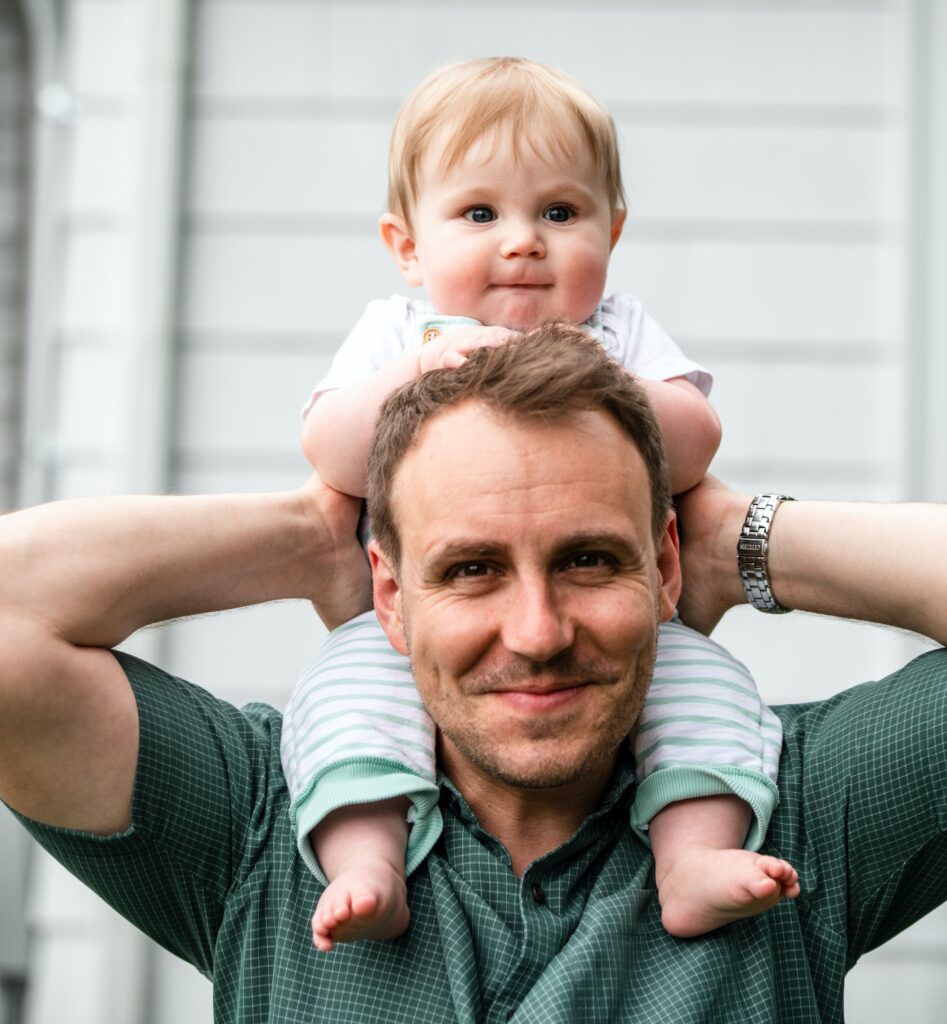Hey there, savvy saver! So, you’ve stumbled upon this blog post, probably thinking, “Ugh, another lecture on budgeting. How thrilling.” Well, hold onto your wallets, because we’re about to embark on a journey through the world of loud budgeting.
TLDR; I hate budgets, that’s why I do a reverse budget (and tell everyone about it).
Let’s start with the basics: Why should you care about having a personal financial budget? Picture this: You’re strolling down the street, feeling like a million bucks (or maybe just like the loose change in your pocket), when suddenly, BAM! Reality hits you like an unexpected bill in the mail. Turns out, your bank account resembles a barren wasteland more than a thriving oasis. And that, my friend, is where budgeting swoops in to save the day.
Budgeting isn’t just about pinching pennies and depriving yourself of life’s little pleasures (like that extra shot of espresso in your morning latte). It’s about taking control of your finances, setting goals, and strutting through life with the confidence of someone who knows exactly where their money is going. Think of it as your financial GPS, guiding you toward that pot of gold at the end of the rainbow (or at least toward a comfortable retirement).
But wait, there’s more! Ever heard the saying, “Money talks”? Well, it turns out, your spending habits have a lot to say about you. Sharing your budget with friends might seem about as appealing as voluntarily attending a tax seminar, but hear me out. Being open about your financial situation can actually strengthen your friendships.
Imagine this scenario: You and your pals are planning a weekend getaway. Now, if everyone’s budget is a tightly guarded secret, you might end up either overspending to keep up with your friends or feeling like a cheapskate for opting out of expensive activities. But if you’re all transparent about your spending ability, you can plan a trip that’s not only fun but also budget-friendly. Who knew honesty could save you money?
Of course, sharing your budget with friends requires a certain level of trust. After all, you don’t want your buddy Dave judging your avocado toast addiction or Sarah questioning your decision to splurge on designer socks. But if you’re all on the same page about your financial goals and limitations, it can lead to a healthier and more supportive friendship dynamic.
Now, let’s address the elephant in the room: budgeting can be about as exciting as watching paint dry (no offense to paint enthusiasts out there). But who says managing your finances has to be about deprivation?
This is where reverse budgeting comes in.
Reverse budgeting flips the traditional budgeting model on its head. Instead of meticulously tracking every penny and assigning strict limits to your spending categories, reverse budgeting starts with your financial goals and savings targets.
Reverse budgeting isn’t just about saving at the expense of enjoying life, it’s also about prioritizing your spending based on your goals. Maybe your dream is to retire early, or save enough to turn your side hustle in to a growing business. By focusing on your objectives first, you can allocate your resources more effectively and keep a portion aside for discretionary spending and “fun money.” Of course, reverse budgeting isn’t without its challenges. It requires discipline, foresight, and a willingness to adapt as your goals evolve.
Here is where reverse budgeting and loud budgeting meet.
Incorporating the concept of reverse budgeting into what you chose to share about your financial journey can add an extra layer of transparency to your relationships. Instead of just revealing how much you spend on avocado toast (guilty as charged), you’re also sharing your dreams and aspirations.
So, there you have it: why having a personal financial budget is not only important but also surprisingly cool. It’s like having your own personal finance superhero, swooping in to rescue you from the clutches of financial chaos. And when you share your budget with friends, you’re not just opening up about your spending habits—you’re also fostering stronger, more supportive relationships.
So go ahead, embrace the world of budgeting with open arms (and maybe a spreadsheet or two). Your future self will thank you for it. And who knows, you might even inspire your friends.
